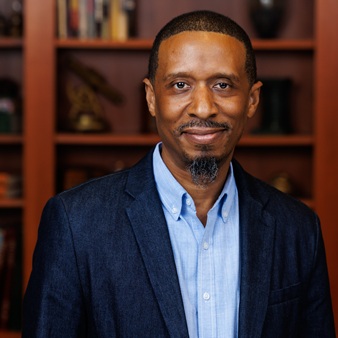
Daily Devotional | Warning Against Mysticism
Many people today label themselves “spiritual.” But that term can have a wide range of meaning. To be spiritual might mean they believe in God, but it can also mean they practice meditation or have an interest in crystals. The apostle Paul warned the believers in Colossae that not every person who claims spirituality speaks truth.
In Colossians 2 Paul writes, “Do not let anyone who delights in false humility and the worship of angels disqualify you. Such a person also goes into great detail about what they have seen; they are puffed up with idle notions by their unspiritual mind” (v. 18). This warning comes immediately after Paul spoke against legalism in the church. Here, he warns believers not to let false teachers dismiss them based on so-called spiritual practice.
In Paul’s day, some false teachers in the church believed you could have a connection with the spiritual world without Christ. One Bible commentator labeled this concept as mysticism: the belief that someone can have a spiritual experience distinct from the Word of God or the Holy Spirit. This might involve seeing visions or attempting to make connections with angels (v. 18). By doing this, they also opened the door for demonic influences that could lead them further into deceptive practices. Paul warns that they were judging others while claiming to be spiritual. In reality, they were not spiritual at all.
The best way to avoid this false thinking is to stay connected to God and rooted in His Word. As a matter of fact, Paul says in verse 19, “They have lost connection with the head, from whom the whole body…grows.” Have you ever heard the saying, “The best defense is a good offense”? Our best defense against false teaching is to stay connected to the Head, who is Jesus Christ. He rewards those who earnestly seek Him (Heb. 11:6).
Have you noticed any type of mystical thinking among your peers? In what ways have you attempted to counteract those beliefs?
Jesus, keep us away from false spirituality, which can cause us to lose connection with You. We acknowledge our foolishness and our weaknesses; we need Your strength and guidance for our spiritual journey.
About the Author
David Sutton
Dr. David Sutton is associate professor of Applied Theology and Global Church Ministries.
View More